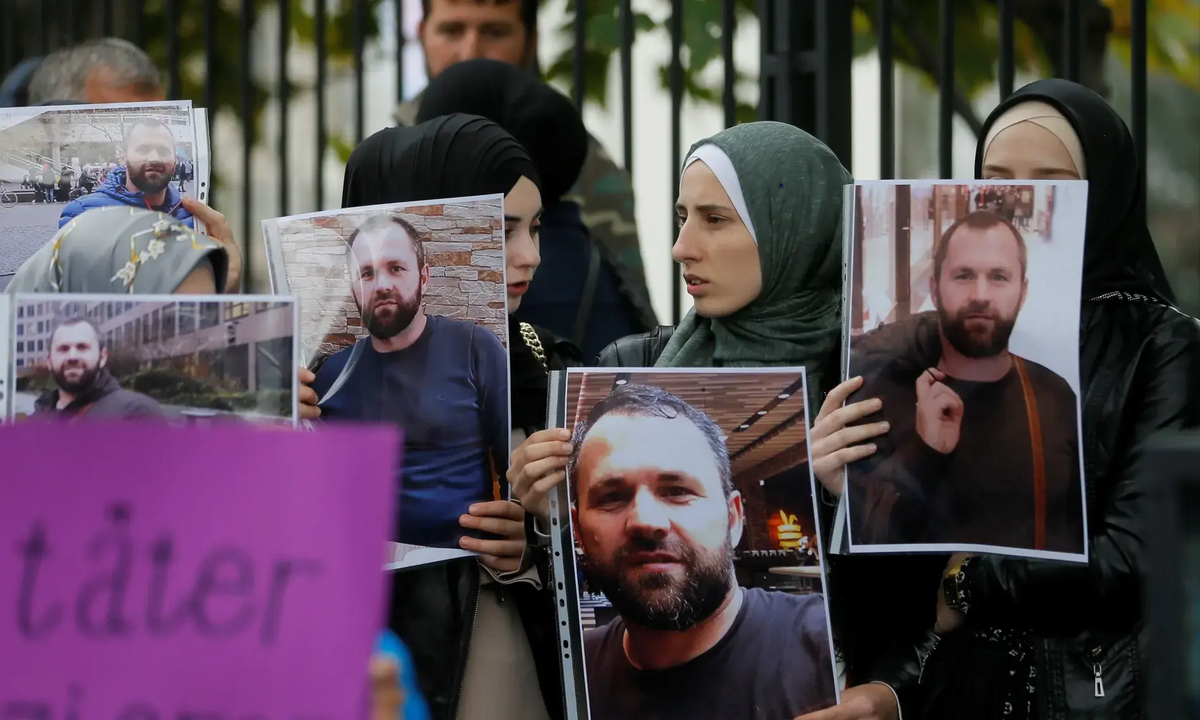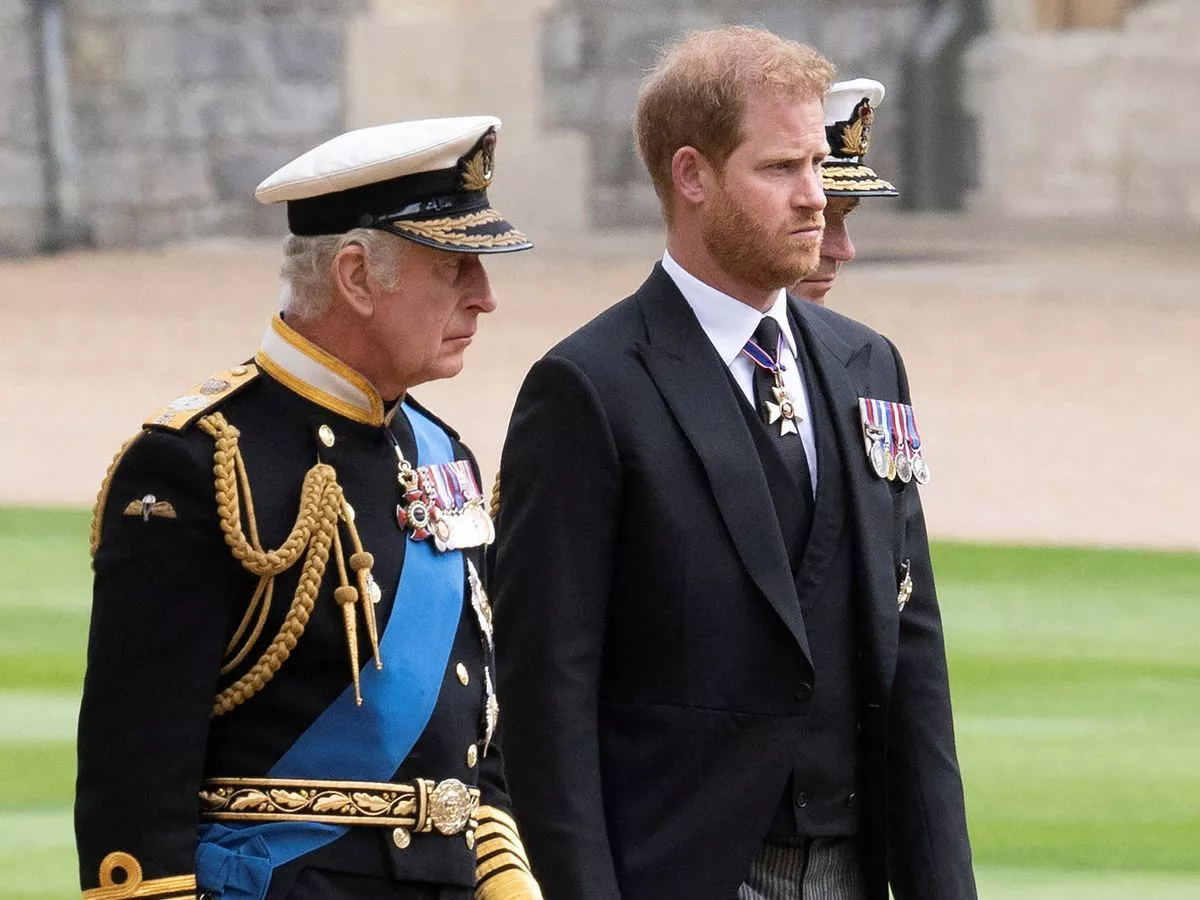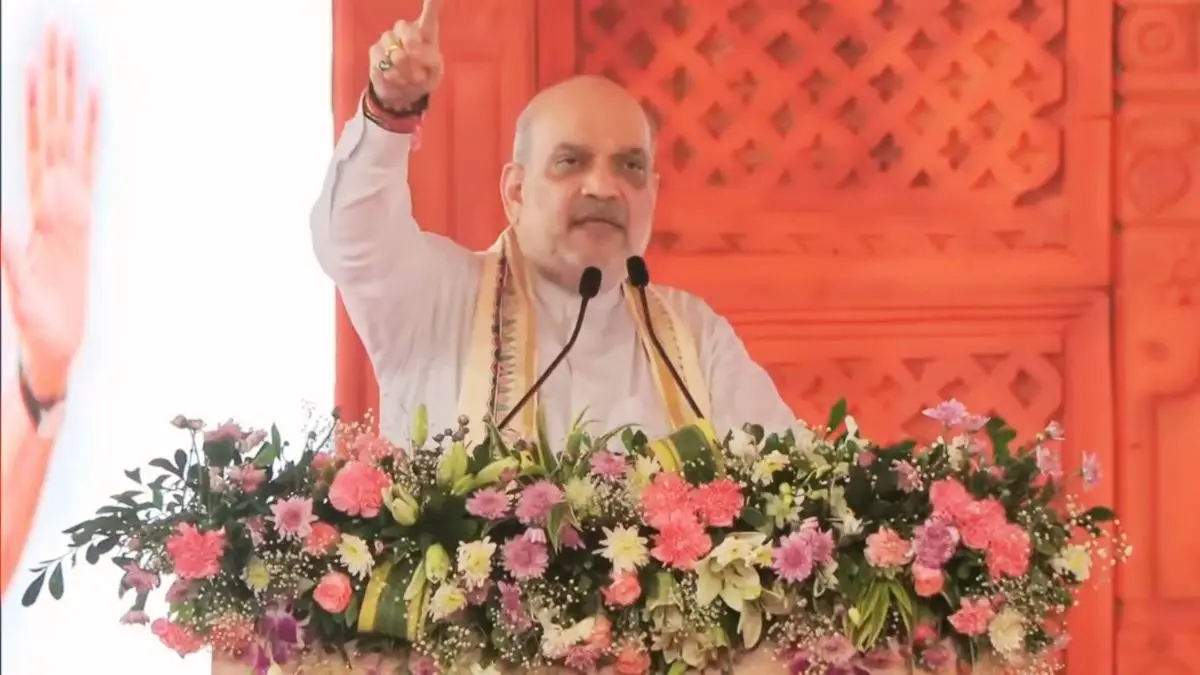Copyright kyivpost

On Oct. 24 German authorities deported 12 relatives of Zelimkhan Khangoshvili – the Georgian-born Chechen dissident murdered in Berlin in 2019 – in what German prosecutors described as a state-ordered Russian assassination. According to Deutsche Welle, among those expelled was Khangoshvili’s brother, Zurab Khangoshvili, who had moved to Germany from Sweden three years ago. Police reportedly searched his apartment in Wünsdorf, Brandenburg, before transferring him and other family members to Berlin Airport, where they were placed on a deportation flight to Georgia. A spokesperson for Germany’s Interior Ministry confirmed that a charter flight to Tbilisi had taken place. According to the official, 48 people were on board, though no details were provided about their identities. Fear and uncertainty in Georgia In Georgia, the deported family members now fear for their safety. After an earlier assassination attempt on Zelimkhan Khangoshvili in Tbilisi in 2015, local authorities failed to investigate the case. Khangoshvili, who had fought against Russian forces during the Second Chechen War, later served as an informant for Georgia’s pro-Western government, whose former members are now in opposition. His brother Zurab also participated in the fight against Russia, and the family claims that even uninvolved relatives have been targeted in acts of revenge by Moscow-linked networks. The country’s visa-free regime for Russian citizens has fueled further concern. Reports have increasingly pointed to growing cooperation between individuals tied to Russian intelligence and the Georgian leadership, which is now under fire for repressing protesters and critics. Several recent cases have involved deportations of Georgian residents to Russia. A murder that shook Germany Zelimkhan Khangoshvili was shot dead in Berlin’s Kleiner Tiergarten park in August 2019. The gunman, Vadim Krasikov, a Russian national, was arrested shortly after the attack and later sentenced to life imprisonment. German prosecutors concluded that the killing had been ordered by Russian state authorities – a verdict that led to the expulsion of two Russian diplomats and a sharp diplomatic rift between Berlin and Moscow. Putin’s “hero” returns to Russia In August 2024, in a large-scale prisoner exchange, Krasikov was returned to Russia in exchange for several Western nationals. The Kremlin openly confirmed that he had served as an FSB officer in the elite Alpha unit. President Vladimir Putin personally welcomed Krasikov’s plane upon arrival in Moscow, celebrating him as a “patriot who carried out his duty.” Russian state media portrayed the convicted assassin as a national hero – a move that shocked Germany and renewed debate about Russia’s policy of honoring its operatives convicted abroad.



